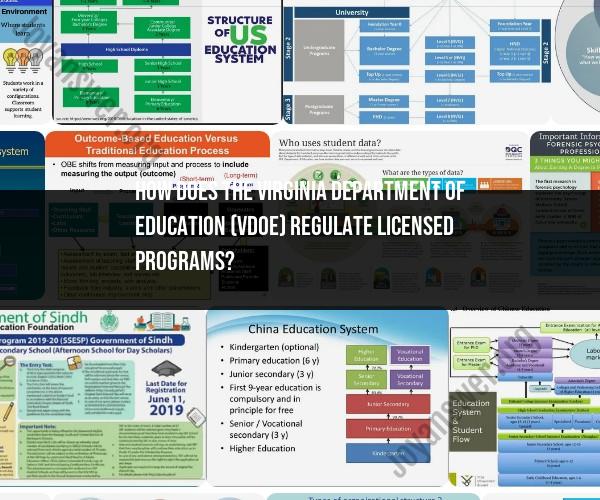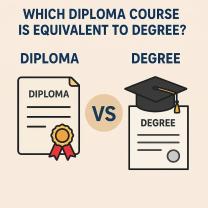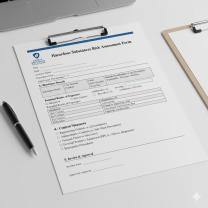How does the Virginia Department of Education (VDOE) regulate licensed programs?
The Virginia Department of Education (VDOE) regulates licensed programs in the state of Virginia through a combination of regulations, standards, monitoring, and oversight. The primary goal of these regulations is to ensure that educational programs, institutions, and professionals meet established standards of quality and compliance with state laws. Here's an overview of how VDOE regulates licensed programs:
Establishing Regulations: VDOE develops and promulgates regulations that govern various aspects of education in Virginia. These regulations are developed in accordance with state laws and are designed to ensure that educational programs meet specific standards.
Licensing Requirements: VDOE sets and enforces licensing requirements for educational institutions, teachers, administrators, and other professionals in the field of education. This includes requirements for initial licensure, renewal, and continuing education.
Accreditation: VDOE establishes and oversees accreditation standards for public schools and educational institutions in Virginia. Accreditation ensures that institutions meet certain quality benchmarks and provides a framework for continuous improvement.
Curriculum Standards: VDOE sets curriculum standards and guidelines for K-12 education in Virginia. These standards define what students should know and be able to do at each grade level and subject area.
Assessment and Accountability: VDOE administers standardized assessments to measure student performance and holds schools accountable for meeting performance targets. Schools are evaluated based on student achievement, graduation rates, and other key indicators.
Teacher and Administrator Licensure: VDOE issues licenses to educators, including teachers, administrators, and specialists. It establishes requirements for licensure, including education, testing, and professional development.
Monitoring and Compliance: VDOE monitors schools and educational programs to ensure compliance with state regulations and standards. This includes site visits, data collection, and analysis to assess performance and compliance.
Professional Development: VDOE provides guidance and resources for ongoing professional development for educators. It encourages teachers and administrators to continue their education and stay current in their fields.
Reporting and Data Collection: VDOE collects and analyzes data on various aspects of education in Virginia, including student achievement, school performance, and demographic information. This data helps inform decision-making and policy development.
Special Education Services: VDOE oversees the provision of special education services in Virginia schools, ensuring that students with disabilities receive appropriate education and support.
Policy Development: VDOE plays a key role in developing education policies and advocating for legislative changes when needed to improve the education system in Virginia.
Public Engagement: VDOE engages with stakeholders, including educators, parents, and the public, to gather input, provide information, and ensure transparency in its regulatory processes.
It's important to note that the specific regulations and standards may vary depending on the type of educational program or institution. For example, regulations for K-12 public schools may differ from those governing higher education institutions or private schools. Educational professionals and institutions in Virginia are expected to adhere to these regulations to maintain their licensure, accreditation, and compliance with state education laws.













